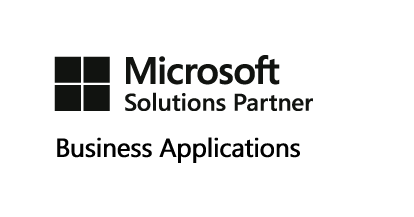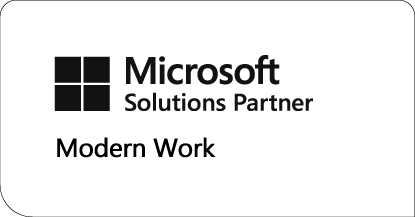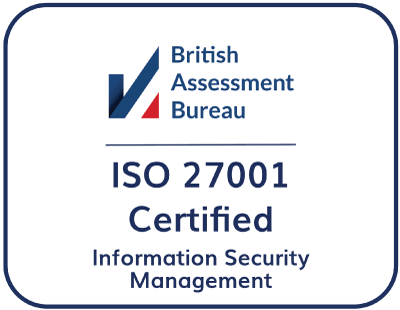
Benefits of Android devices for Handheld for Warehousing
Reading time: 2 - 3 minutes
It’s now 12 months on from Windows CE & Windows Mobile 6.5 going into end-of-life.
End-of-life or EOL is a term that means the product is at the end of its useful life (from the vendor's point of view), and the vendor will stop marketing, selling, or rework sustaining it. They will also end all support for the product. This came into effect in January 2020.
What does this mean for businesses still using these Windows devices?
If your enterprise devices still rely on Windows Embedded software, your technology is officially obsolete. In terms of support, bug, and more important security fixes, you’re pretty much on your own. Devices running Windows Embedded are more likely to fail now that support has stopped. Consider a scenario where all your handheld devices stop working, which would have a major impact on your business.
What better time to start thinking about a new device?
Android is the future, team it up with Clever WMS, and you’re on to a long-term solution.
While Clever will continue to do what it does now on your Windows Mobile devices, new features are being introduced all the time, and some of them are only available on Android. Better touch screens mean more responsive entry, built-in photo support means more evidence can be captured right there and then, but the scanners are the biggest leap forward. Support for “D” barcodes and the GS1 standard means lots of information can be captured in just one scan, bringing real productivity to your processes.
Android’s base OS is faster than Windows as it uses multicore CPU compared to Windows single core. The apps are newer with more intuitive interfaces meaning greater efficiency and less training. Android is now the preferred operating system for Clever WMS and Android has been on the scene for quite some time now with Zebra using Android V2 as early as 2011 and Honeywell followed suit in 2013. Both manufacturers now have a wealth of Android devices to choose from. Honeywell and Zebra collaborate with Google and Qualcomm too, and Google provides the OS and Qualcomm with the chipsets for mobile devices.
What about security?
Well on an active OS, Microsoft or Google regularly push out security patches and updates. On an EOL system, this no longer happens. Android places a lot of focus on minimising security vulnerabilities. Honeywell’s Mobility Edge Platform guarantees support through Android R, giving their users the longest security life cycle in the industry. Pretty impressive right? Similarly, Zebra are light years ahead, with security patches and CVEs.
Honeywell and Zebra have made sure their products have longevity, offering up to 8 years of extended support with each device. Looking back at Microsoft release dates, there were at least a couple of years between each one. Nowadays, with Google and Android, we see OS transition every year.
With Android, workers can pick up the processes quickly. It is uncomplicated and easy to use. It is designed to increase uptime and accelerate productivity and is easy to roll out on a larger scale.
The bottom line is there are no alternatives.
Windows has become obsolete, so the transition to Android must be made.
To find out more about the above, please contact us here or speak to your Account Manager today.








